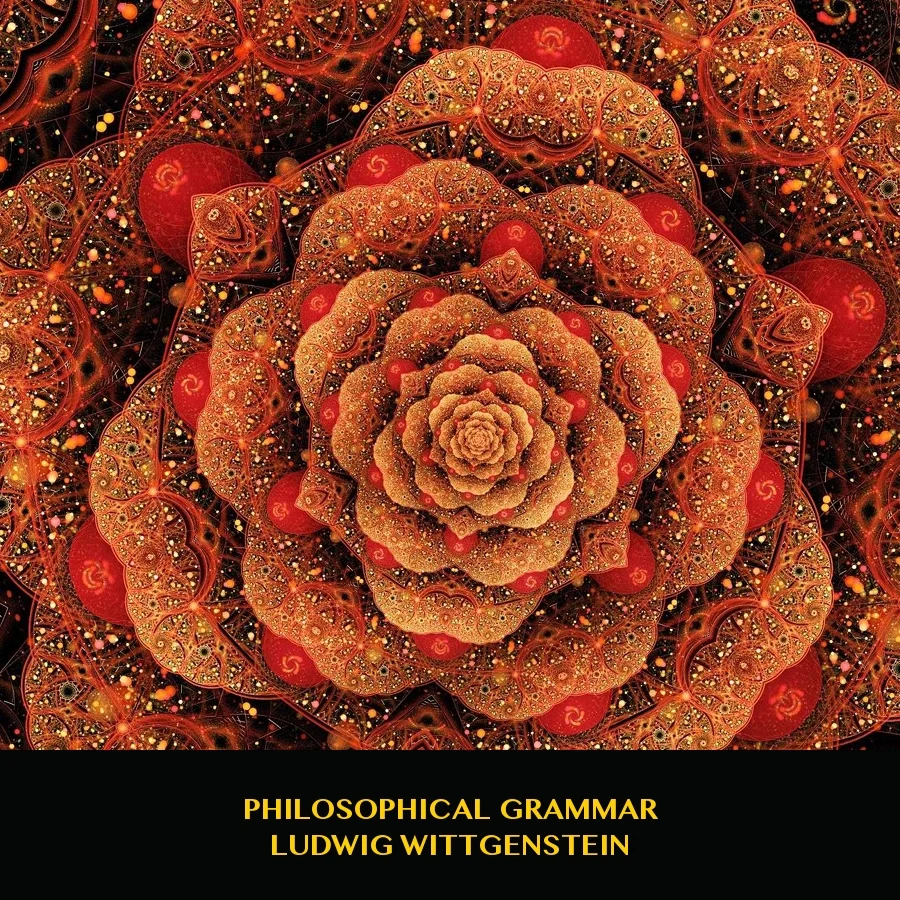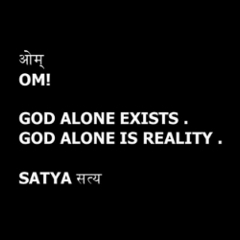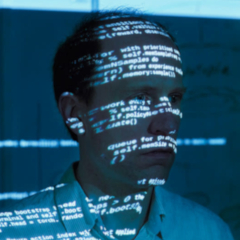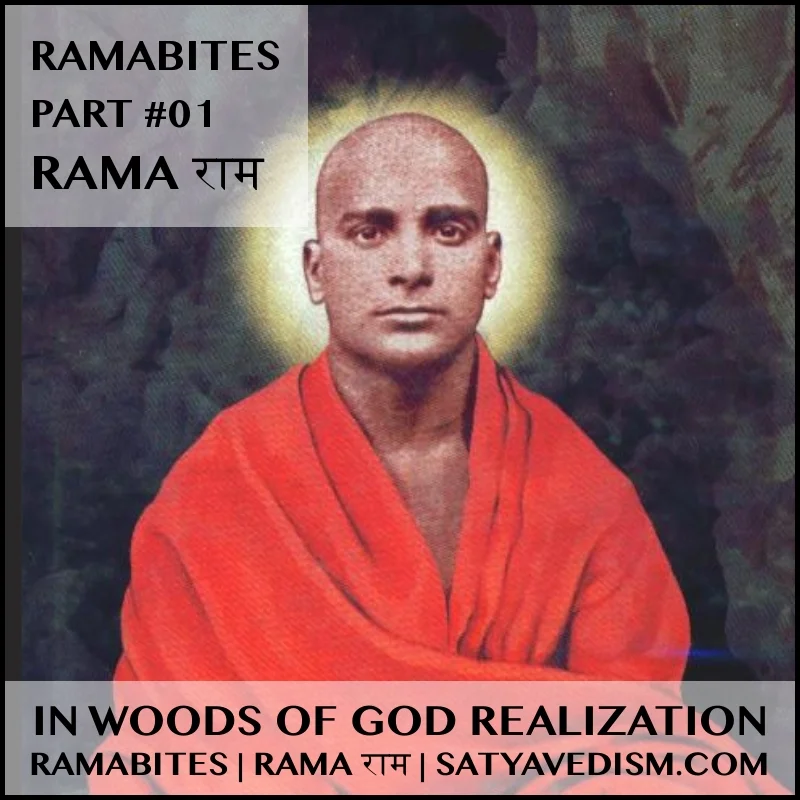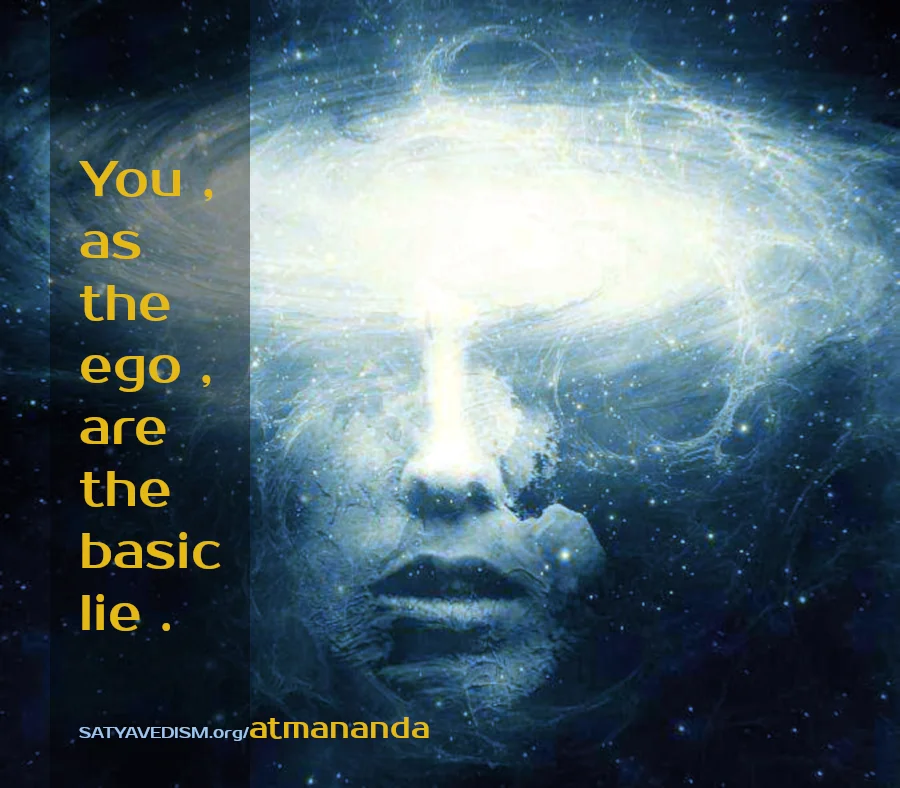PHILOSOPHICAL GRAMMAR | SEL001 | WITTGENSTEIN
| | homePHILOSOPHICAL GRAMMAR | SEL0001 | WITTGENSTEIN
|| PART I | THE PROPOSITION & ITS SENSE | CHAPTER V ||
|| 62 || " That is so-and-so " ( this picture represents so-and-so ) — that contains the whole problem of representation .
What is the criterion , how is it to be verified , that this picture is the portrait of that object , ie that it is meant to represent it ? It is not similarity that makes the picture a portrait ( it might be a striking resemblance of one person , and yet be a portrait of someone else it resembles less ) .
How can I know that someone means the picture as a portrait of N ? — Well , perhaps because someone says so , or writes it underneath .
What is the connection between the portrait of N , and N ? Perhaps , that the name written underneath is the name used to address .
When I remember my friend and see my friend " in my mind's eye " , what is the connection between the memory image and its subject ? The likeness between them ?
Well , the image , qua picture , cant do more than resemble the friend .
The image of the friend is an unpainted portrait .
In the case of the image too , I have to write the friend's name under the picture to make it the image of the friend .
I have the intention of carrying out a particular task and I make a plan . The plan in my mind is supposed to consist in my seeing myself acting thus and so . But how do I know , that it is myself that I am seeing ? Well , it is not myself , but a kind of a picture . But why do I call it the picture of me ?
" How do I know that it is myself ? " ; the question makes sense if it means , for example , " how do I know that I am the one I see there ? " And the answer mentions characteristics by which I can be recognized .
But it is my own decision that makes my image represent myself . And I might as well ask " how do I know that the word ' I ' stands for myself ? " For my shape in the picture was only another word ' I ' .
" I can imagine your being about to go out of the door . " We suffer from a strange delusion that in the proposition , the thought , the objects do what the proposition states about them . It is as though the command contained a shadow of the execution . But a shadow of just this execution . It is you in the command who go to such and such a place . — Otherwise it would be just a different command .
This identity is indeed the identity contrasted with the diversity of two different commands .
" I thought Napoleon was crowned in the year 1805 . " — What has your thought got to do with Napoleon ? — What connection is there between your thought and Napoleon ? — It may be , for example , that the word " Napoleon " occurs in the expression of my thought , plus the connection that word had with its bearer ; eg that was the way one signed one's name , that was how one was spoken to and so on .
" But when you utter the word ' Napoleon ' you designate that person and no other " — " How then does this act of designating work , in your view ? Is it instantaneous ? Or does it take time ? " — " But after all if someone asks you ' did you mean the one who won the battle of Austerlitz ? ' you will say ' yes ' . So you meant that person when you uttered the sentence . " — Yes , but only in the kind of way that I then knew also that 6 x 6 = 36 .
The answer " I meant the victor of Austerlitz " is a new step in our calculus . The past tense is deceptive , because it looks as if it was giving a description of what went on " inside me " while I was uttering the sentence .
( " But I meant so-and-so . " A strange process , this meaning ! Can you mean in Europe someone who is in America ? Even if one no longer exists ? )
|| 63 || Misled by our grammar , we are tempted to ask " How does one think a proposition , how does one expect such and such to happen ? ( how does one do that ? ) "
" How does thought work , how does it use its expression ? " — This question looks like " How does a Jacquard loom work , how does it use the cards " .
In the proposition " I believe that p is the case " we feel that the essential thing , the real process of belief , is not expressed but only hinted at ; we feel it must be possible to replace this hint by a description of the mechanism of belief , a description in which the series of words " p " would occur as the cards occur in the description of the loom . This description , we feel , would be at last the full expression of the thought .
Lets compare belief with the utterance of a sentence ; there too very complicated processes take place in the larynx , the speech muscles , the nerves , etc . These are accompaniments of the spoken sentence . And the sentence itself remains the only thing that interests us — not as part of a mechanism , but as part of a calculus .
" How does thought manage to represent ? " — the answer might be " Dont you really know ? You certainly see it when you think . " For nothing is concealed .
How does a sentence do it ? Nothing is hidden .
But given this answer " But you know how sentences do it , for nothing is concealed " one would like to say " yes , but it all goes by so quick , and I should like to see it as it were laid open to view " .
We feel that thoughts are like a landscape that we have seen and are supposed to describe , but do not remember exactly enough to describe how all the parts fitted together . Similarly , we think , we cant describe thought after the event because then the many delicate processes have been lost sight of . We would like as it were to see these intricacies under the magnifying glass . ( Think of the proposition " Everything is in flux " . )
We ask : " What is a thought ? What kind of thing must something be to perform the function of thought ? " This question is like : What is a sewing machine , how does it work ? — And the answer which would be like ours would be " Look at the stitch it is meant to sew ; you can see from that what is essential in the machine , everything else is optional . "
So what is the function , that makes thought what it is ? —
If it is its effect , then we are not interested in it .
We are not in the realm of causal explanations , and every such explanation sounds trivial for our purposes .
|| 64 || If one thinks of thought as something specifically human and organic , one is inclined to ask " could there be a prosthetic apparatus for thinking , an inorganic substitute for thought ? " But if thinking consists only in writing or speaking , why should not a machine do it ? " Yes , but the machine does not know anything . " Certainly it is senseless to talk of a prosthetic substitute for seeing and hearing . We do talk of artificial feet , but not of artificial pains in the foot .
" But could a machine think ? " — Could it be in pain ? — Here the important thing is what one means by something being in pain . I can look at another person — another person's body — as a machine which is in pain . And so , of course , I can in the case of my own body .
On the other hand , the phenomenon of pain which I describe when l say something like " I have toothache " does not presuppose a physical body . ( I can have toothache without teeth . ) And in this case there is no room for the machine . — It is clear that the machine can only replace a physical body . And in the sense in which we can say of such a body that it is in pain , we can say it of a machine as well . Or again , what we can compare with machines and call machines is the bodies we say are in pain .
In the consideration of our problems one of the most dangerous ideas is the idea that we think with , or in , our heads .
The idea of a process in the head , in a completely enclosed space makes thinking something occult .
" Thinking takes place in the head " really means only " the head is connected with thinking " . — Of course one says also " I think with my pen " and this localisation is at least as good .
It is a travesty of the truth to say " Thinking is an activity of our mind , as writing is an activity of the hand " . ( Love in the heart . The head and the heart as loci of the soul ) .
|| 65 || We may say " Thinking is operating with symbols " . But " thinking " is a fluid concept , and what " operating with symbols " is must be looked at separately in each individual case .
I might also say " Thinking is operating with language " but " language " is a fluid concept .
It is correct to say " Thinking is a mental process " only if we also call seeing a written sentence or hearing a spoken one a mental process . In the sense , that is , in which pain is called a mental state . In that case the expression " mental process " is intended to distinguish " experience " from " physical processes " . — On the other hand , of course , the expression " mental process " suggests that we are concerned with imperfectly understood processes in an inaccessible sphere .
Psychology too talks of " unconscious thought " and here " thought " means a process in a mind-model . ( " Model " in the sense in which one speaks of a mechanical model of electrical processes . )
By contrast , when Frege speaks of the thought a sentence expresses the word " thought " is more or less equivalent to the expression " sense of the sentence " .
It might be said : in every case what is meant by " thought " is the living element in the sentence , without which it is dead , a mere succession of sounds or series of written shapes .
But if I talked in the same way about a something that gives meaning to an arrangement of chesspersons , something that makes it different from an arbitrary collection of bits of wood , I might mean almost anything ! I might mean the rules that make the arrangement of chesspersons a position in a game , or the special experiences we connect with positions in the game or the use of the game .
It is the same if we speak of a something that makes the difference between paper money and mere printed bits of paper , something that gives it its meaning , its life .
Though we speak of a thought and its expression , the thought is not a kind of condition that the sentence produces as a potion might . And communication by language is not a process by which I use a drug to produce in others the same pains as I have myself .
( What sort of process might be called " thought-transference " or " thought-reading " ? )
|| 66 || A French politician once said it was a special characteristic of the French language that in French sentences words occurred in the sequence in which one thinks them .
The idea that one language in contrast to others has a word order which corresponds to the order of thinking arises from the notion that thought is an essentially different process going on independently of the expression of the thoughts .
( No one would ask whether the written multiplication of two numbers in the decimal system runs parallel with the thought of the multiplication . )
" I meant something definite by it , when I said . . . "
— " Did you mean something different when you said each word , or did you mean the same thing throughout the whole sentence ? "
It is strange , though : you can mean something by each word and the combination of them can still be nonsense !
" At the time when you said the sentence , did you think of the fact that . . . "
" I thought only what I said . "
( It perplexes us that there is no moment at which the thought of a sentence is completely present . Here we see that we are comparing the thought with a thing that we manufacture and possess as a whole ; but in fact as soon as one part comes into being another disappears . This leaves us in some way unsatisfied , since we are misled by a plausible simile into expecting something different . )
Does the child learn only to talk , or also to think ? Does it learn the sense of multiplication before or after it learns multiplication ?
Is it , as it were , a contamination of the sense that we express it in a particular language which has accidental features , and not as it were bodiless and pure ?
Do I really not play chess itself because the chesspersons might have had a different shape ?
( Is a mathematical proof in the general theory of irrational numbers less general or rigorous because we go through it using the decimal notation for those numbers ? Does it impair the rigour and purity of the proposition 25 x 25 = 625 that it is written down in a particular number system ? )
Thought can only be something common-or-garden and ordinary . ( We are accustomed to thinking of it as something ethereal and unexplored , as if we were dealing with something whose exterior alone is known to us , and whose interior is yet unknown like our brain . )
One is inclined to say : " Thought , what a strange thing ! " But when I say that thought is something quite common-or-garden , I mean that we are affected by this concept as we are by a concept like that of the number one .
There seems to be something mysterious about it , because we misunderstand its grammar and feel the lack of a tangible substance to correspond to the substantive . ( It is almost like hearing a human voice coming from in front of us , and seeing nobody there . )
|| 67 || What does the human think for ? What use is it ? Why does one calculate the thickness of the walls of a boiler and not leave it to chance or whim to decide ? After all it is a mere fact of experience that boilers do not explode so often if made according to calculations .
But just as having once been burnt one would do anything rather than put one's hand into the fire , so one would do anything rather than not calculate for a boiler . — Since we are not interested in causes , we might say : human beings do in fact think : this , for instance , is how they proceed when they make a boiler . — Now , cant a boiler produced in this way explode ? Certainly it can .
We think over our actions before we do them . We make pictures of them — but why ? After all , there is no such thing as a " thought-experiment " .
We expect something , and act in accordance with the expectation ; must the expectation come true ? No . Then why do we act in accordance with the expectation ? Because we are impelled to , as we are impelled to get out of the way of a car , to sit down when we are tired , to jump up if we have sat on a thorn .
What the thought of the uniformity of nature amounts to can perhaps be seen most clearly when we fear the event we expect . Nothing could induce me to put my hand into a flame — although after all it is only in the past that I have burnt myself .
The belief that fire will burn me is of the same nature as the fear that it will burn me .
Here I see also what " it is certain " means .
If someone pushed me into the fire , I would struggle and go on resisting ; and similarly I would cry out " it will burn me ! " and not " perhaps it will be quite agreeable " .
" But after all you do believe that more boilers would explode if people did not calculate when making boilers ! " Yes , I believe it ; — but what does that mean ? Does it follow that there will in fact be fewer explosions ? — Then what is the foundation of this belief ?
|| 68 || I assume that the house in which I am writing wont collapse during the next half hour — When do I assume this ? The whole time ? And what sort of an activity is this assuming ?
Perhaps what is meant is a psychological disposition ; or perhaps the thinking and expressing of particular thoughts . In the second case perhaps I utter a sentence which is part of a train of thought ( a calculation ) .
Now someone says : you must surely have a reason to assume that , otherwise the assumption is unsupported and worthless . — ( Remember that we stand on the earth , but the earth does not stand on anything else ; children think it will have to fall if it is not supported ) .
Well , I do have reasons for my assumption . Perhaps that the house has already stood for years , but not so long that it may already be rickety , etc etc . — What counts as a reason for an assumption can be given a priori and determines a calculus , a system of transitions . But if we are asked now for a reason for the calculus itself , we see that there is none .
So is the calculus something we adopt arbitrarily ? No more so than the fear of fire , or the fear of a raging person coming at us .
" Surely the rules of grammar by which we act and operate are not arbitrary ! " Very well ; why then does one think in the way one does , why does one go through these activities of thought ? ( This question of course asks for reasons , not for causes . )
Well , reasons can be given within the calculus , and at the very end one is tempted to say " it just is very probable , that things will behave in this case as they always have " — or something similar . A turn of phrase which masks the beginning of the chain of reasons . ( The creator as the explanation at the beginning of the world ) .
The thing that is so difficult to understand can be expressed like this . As long as we remain in the province of the true-false games a change in the grammar can only lead us from one such game to another , and never from something true to something false .
On the other hand if we go outside the province of these games , we do not any longer call it " language " and " grammar " , and once again we dont come into contradiction with reality .
SOURCE | SATYAVEDISM.ORG

